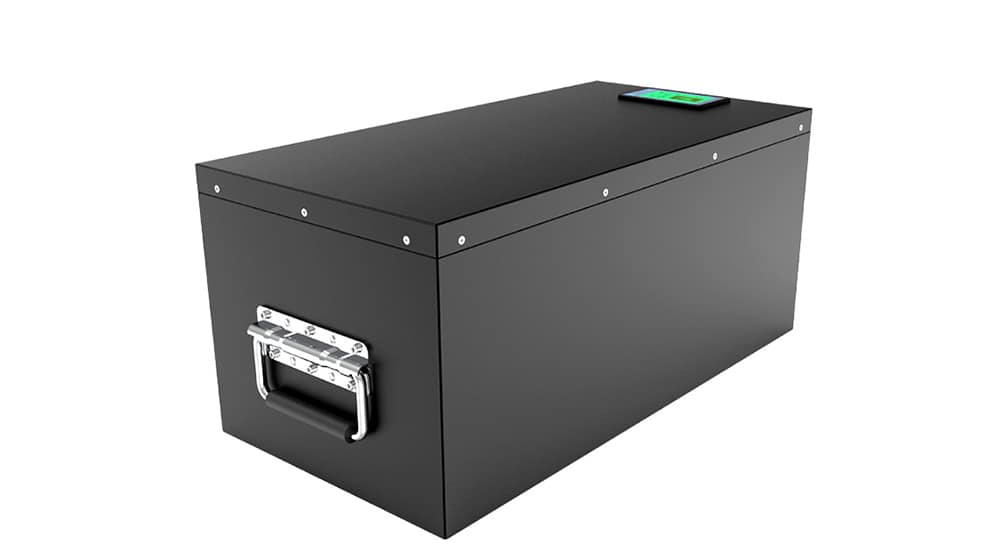- Curved Lithium Polymer battery
- Fast Charge Polymer Battery
- Flexible Polymer Lithium Battery
- Ultra-thin Polymer Battery
/ Blog / Battery Knowledge /
Understanding Lithium Ion Batteries: Everything You Need to Know!
25 Apr, 2022
By hoppt

Lithium ion batteries are the most common type of rechargeable batteries in production today. They’re used in countless devices – from laptops and cell phones to cars and remote controls – and they’ve become an essential part of our daily lives. What are lithium ion batteries? How are they different from other battery types? And what are their pros and cons? Let’s take a closer look at these popular batteries and their implications for you.
What are lithium ion batteries?
Lithium ion batteries are rechargeable battery cells that utilize lithium ions in their electrolytes. They contain a cathode, an anode, and a separator. When the battery is charging, the lithium ion moves from the anode to the cathode; when it’s discharging, it moves from the cathode to the anode.
How are lithium ion batteries different from other battery types?
Lithium ion batteries are different from other battery types, such as nickel-cadmium and lead-acid. They’re rechargeable, which means they can be used multiple times without costing a fortune in replacement batteries. And they have a much longer lifespan than other types of batteries. Lead-acid and nickel-cadmium batteries only last for about 700 to 1,000 charge cycles before their capacity diminishes. On the other hand, lithium ion batteries can withstand up to 10,000 charge cycles before the battery needs to be replaced. And because these batteries need less maintenance than others, it’s easier for them to last longer.
The pros of lithium ion batteries
The pros of lithium ion batteries are that they provide a high voltage and low self-discharge rate. The high voltage means devices can be charged up quickly, and the low self-discharge rate means the battery retains its charge even when not in use. These features help to avoid those frustrating moments when you reach for your device – only to find it’s dead.
The cons of lithium ion batteries
If you’ve ever seen references to the “memory effect,” it’s referring to the way lithium ion batteries can lose their charge capacity if they are constantly discharged and recharged. The problem stems from how these types of batteries store energy – with chemical reactions. It’s a physical process, which means that each time a battery is charged, some of the chemicals inside break down. This creates deposits on the electrodes, and as more charges happen, these deposits build up to produce a sort of “memory.”
A more serious consequence of this is that the battery will gradually discharge even when not in use. Eventually, the battery will no longer hold enough power to be useful–even if it was only used sporadically throughout its lifetime.
Lithium ion batteries are one of the most common types of rechargeable batteries in production today. They’re used in countless devices – from laptops and cell phones to cars and remote controls – and they’ve become an essential part of our daily lives. There are a variety of things to consider when purchasing a battery for your device, but it’s important to remember that lithium ion batteries are lightweight, long-lasting, and efficient. In addition, they come with features like low self-discharge rates and low temperatures operation. Lithium Ion Batteries might be the perfect fit for you!



